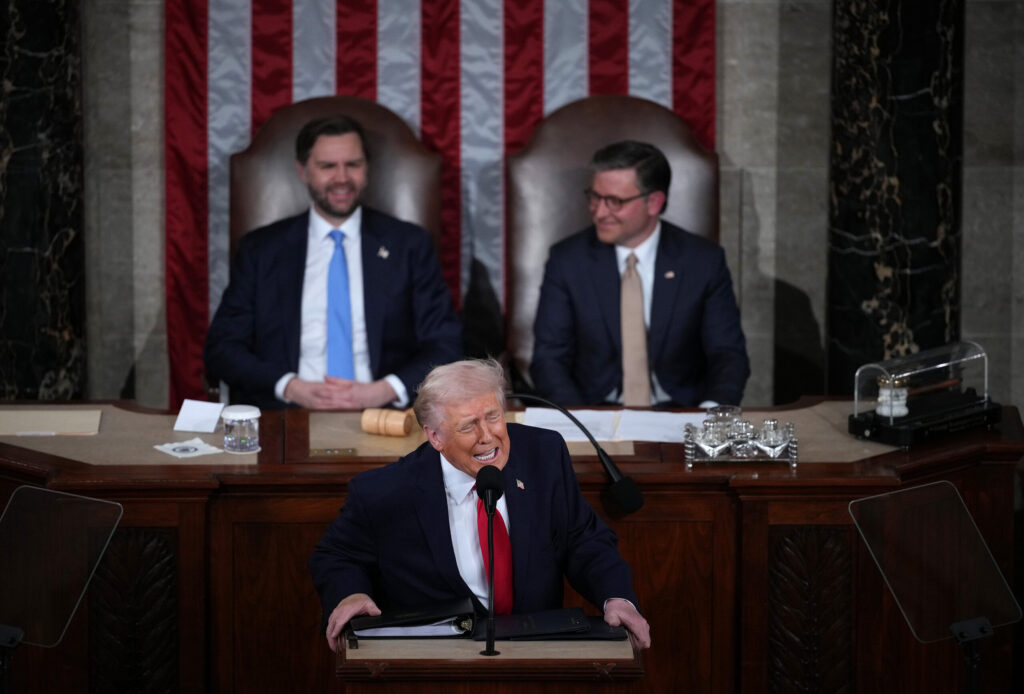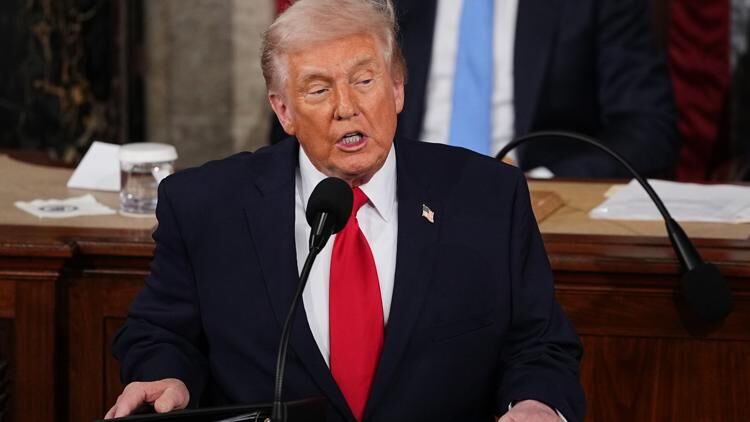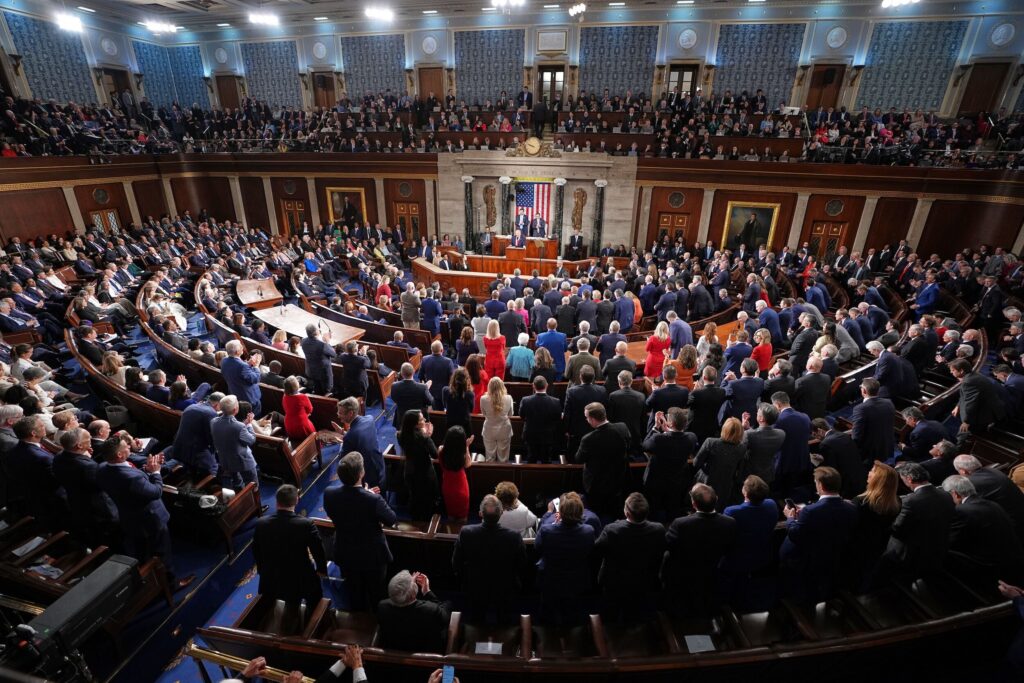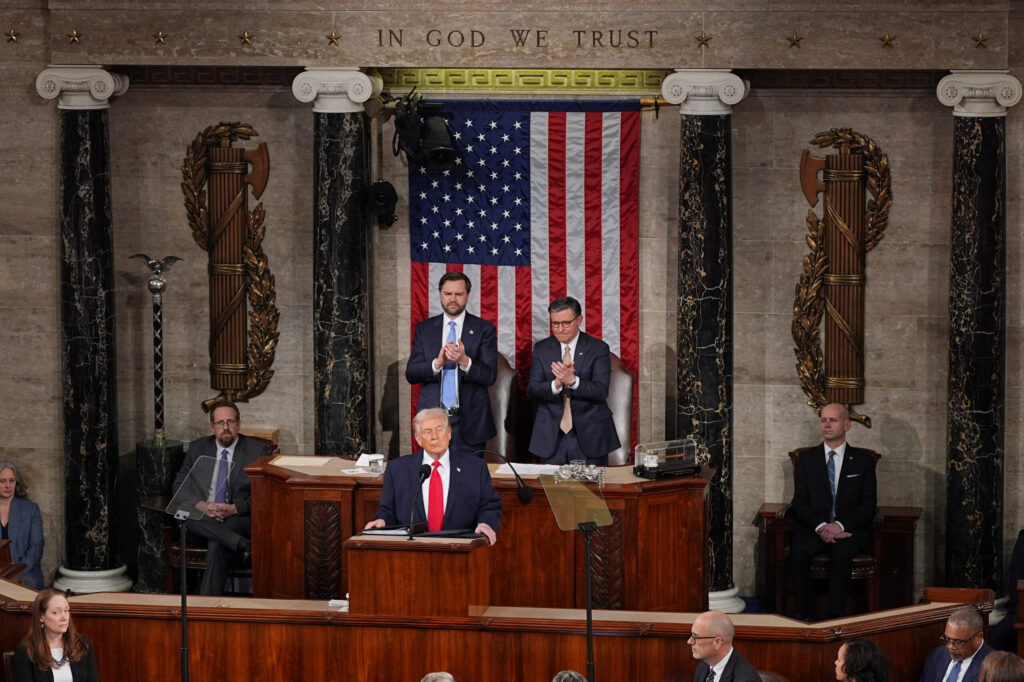Denver budget boosts spending on transportation, sheriff’s department

Denver Mayor Michael Hancock unveiled a $1.26 billion budget proposal Monday that will provide residents with more affordable housing and transportation options.
And the mayor proposed the largest funding increase ever for the sheriff department, which will use the cash boost to pay for reforms at the troubled agency.
Hancock touted his proposal at a press conference held inside the City and County building.
“First and foremost, this budget is balanced, responsible and focused on strengthening Denver for today and for the future,” Hancock said.
Under the proposal, which now heads to the city council, Denver will spend $7.1 million next year to help residents get around town more easily. The boost to multimodal options and the city’s transportation system is a high priority for a mayor who presides over a city that is expected to grow by 10,000 residents a year.
The funding, which would be an 18-percent increase over last year, will pay for the addition of 10 miles of bike lanes throughout the city. Pedestrian crosswalks will be enhanced along major roadways, including three along Speer Boulevard.
The transportation budget also provides funding for “traffic calming” measures that aim to provide safe pedestrian access in city neighborhoods.
“With the growth we’re seeing not only in Denver but the entire region, and with as many people moving into and out of Denver on a daily basis, we really have to be mindful of how we move more people through the system,” Crissy Fanganello, the city’s transportation director, told reporters at a budget briefing.
The budget would also provide money for planning a rapid-transit bus line on Colfax Avenue, which would create a bus-only lane in both directions during peak traffic hours. The city is hopeful it will be able to secure federal funding for the project.
Fangello said Colfax bus lines currently provide transit for up to 25,000 riders a day along the corridor. That number could rise to 45,000 with the addition of a rapid-transit line, she said.
Fangello said staffers are working through issues related to any congestion problems the bus-only lanes may cause.
“Folks have expressed concern and ask (if drivers will) leave the corridor and go into the neighborhood (streets),” she said. “And while they might, what we see today is that when it does get congested or there is an incident, they’re already doing that.”
And frustrated drivers who try to navigate around potholes on city streets could get some relief as the city plans to add another crew that works to fill the holes.
Troubled department gets financial help
Hancock’s proposal would provide the Denver Sheriff’s Department with $24 million in additional funding to enact significant reforms.
The department has made headlines over mistreatment of inmates. The city has paid out millions of dollars in legal settlements from misconduct cases at the Denver jail – operated by the sheriff’s department – which prompted an independent audit that made 277 recommendations aimed at fixing department workings.
The proposal would fund the hiring of 43 new deputies, which officials hope will improve staffing levels and reduce overtime hours.
Public Safety Director Stephanie O’Malley said many of the jail’s problems can be attributed to understaffed and overworked deputies
“That was a big, big part of the priority,” she said of department’s budget needs. “A lot of our deputies (are) working 16-hour shifts, which, of course, led to other things – fatigue, tiredness, arguably some of the use-of-force incidents that were a result of those long hours.”
Deputies would also receive more training to improve de-escalation skills. And new technology would overhaul the jail’s data management system.
Hancock said his budget would provide the sheriff’s department with “the single largest investment in the department’s history.”
“With this infusion of funds, we will enhance the city’s ability to take meaningful steps to improve the care and custody of inmates and the health and safety of our sheriffs deputies,” he said.
Affordability issues and help for the under-served
The proposal also aims to address an issue that has arguably reached crisis proportions in Denver – the lack of affordable housing.
Rents in Denver continue to rise at a rate that is among the highest in the nation. The problem is compounded by the city’s attractiveness to those looking to relocate from other states.
Hancock’s budget would double city funding for affordable housing efforts to $8 million next year. Hancock also proposes that the city commit $15 million annually for affordable housing, beginning in 2017.
“This commitment will allow Denver to leverage private funding to construct, preserve and rehabilitate thousands of affordable housing units over the next decade,” Hancock wrote in his budget proposal letter.
The city would also dedicate $5.5 million to open a new Solutions Center that will provide mental health services to those in need. And another $2.9 million would support permanent housing for the city’s homeless population.
Child welfare services will also receive a funding boost under Hancock’s proposal. The budget would provide $3.6 million to increase the number of workers who provide services for children who are at risk of abuse or neglect.
Youth recreation center hours will be expanded, as will youth learning programs that are offered in public libraries.
Deputy Mayor Cary Kennedy, the city’s chief financial officer, said Denver continues to thrive in a healthy economy. The city’s unemployment rate currently sits at 4.3 percent, a number that has been cut in half after five years of sustained growth. Home prices continue to rise and hotels have high-occupancy rates.
And sales tax, which provides Denver with half its revenues, is expected to grow by about 5 percent next year. Tax revenues are estimated to grow 3.9 percent by the end of this year.
But, Kennedy added, “We are starting to see things normalize,” considering that the city’s tax revenue grew by more than 10 percent in 2014.
That’s why the city will set aside $193 million in financial reserves, which Hancock hopes will keep the city in a strong financial position during unexpected lean times.
“It’s one of the things that I continuously preach: Prepare for the rainy day,” Hancock said. “Prepare for the slowdown. And these reserves will allow us to do just that.”
– Twitter: @VicVela1
Photo by Vic Vela













